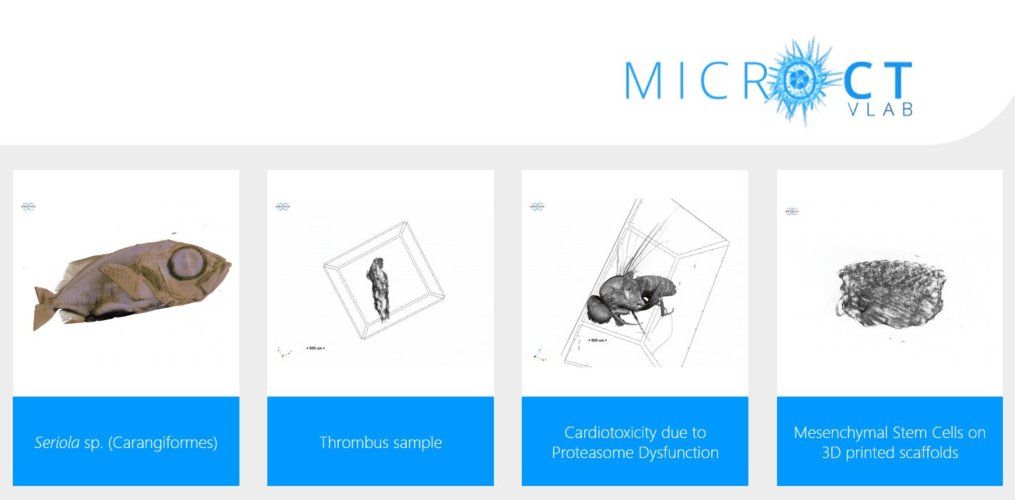
Micro-CTvlab and MedOBIS Repository were present at the plenary meeting of the MAPWORMS project in Lecce, on 15-16 May 2023. MAPWORMS is a Horizon Europe project which aims to propose robots that are inspired by simplified forms of marine Annelida, able to perform tasks in response to environmental stimuli, thus adapting to the working environment with a shape-morphing strategy with unique features in terms of powering and eco-friendliness.
Micro-computed tomography (micro-CT) is being used to visualize the morphological and anatomical features of the annelids. These data will also be used to create a virtual gallery in the Micro-CTvlab, a virtual laboratory which was developed during the LifeWatch Greece project and offers virtual galleries and online tools for the 3D manipulation of micro-CT datasets.
Furthermore, distributional/georeferenced data produced during the MAPWORMS project, will be deposited in the MedOBIS Repository, which is the Mediterranean Node for OBIS and is hosted by the IMBBC, HCMR in Crete. Its development started in 2003, and it was operational by 2005 as a Tier 3 of EurOBIS. Under the European projects EMODnet Biology and LifeWatchGreece, it became a Tier 2 node and extended to cover the entire Mediterranean Sea. Mrs Dimitra Mavraki has been appointed as the Data Manager of the MAPWORMS project, and presented the Data Management Plan, in which several FAIR repositories, including MedOBIS, have been proposed to the partners in order to deposit their data.
The MAPWORMS project has received funding from the European Union’s Horizon Europe research and innovation programme under grant agreement No 101046846.